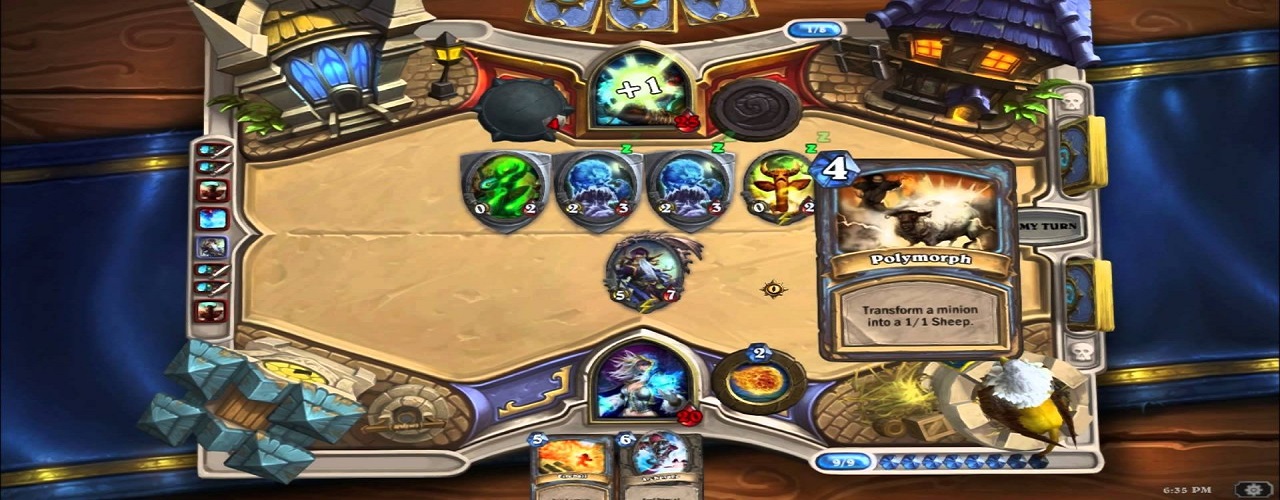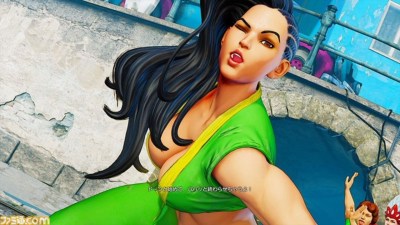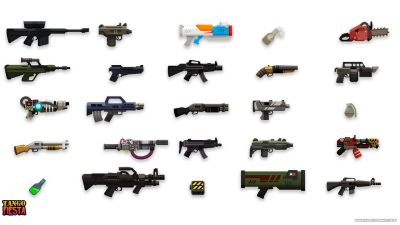I have a confession: I’m not very good at Hearthstone. But it hasn’t stopped me from playing. Booting up the game has become something of a time-consuming obsession, and I’m not the only one caught in its thrall. Some might even call it “ridiculously addictive.”
Warrior. Mage. Warlock. Hunter. Rogue. Druid. Priest. Paladin. Shaman. Nine different classes, nine different play styles. Close to 400 different cards, each with different abilities and balanced wonderfully against each other to encourage high-level tactical play and rich seams of customization.
Daily quests. Arena runs. The cheap thrill of opening a new pack of digital cards. The pain of spending real money on 7 packs, only to not get a single Legendary.
You know this by now. You’ve played this by now. But Hearthstone isn’t just a fun little distraction. For many, it’s a lifestyle. But not one built on getting better, not one built on improvement. It’s one of trying the same tactics over and over, banging your head against a brick wall until it bursts, desperately trying to work out why the latest deck you’ve built - that you slaved over for hours - keeps resulting in your resounding defeat. Sometimes, your tactics work. Sometimes they don’t. The primary emotion is frustration. Why continue to do something that doesn’t work? Why summon the same creatures? Play the same spells? Equip the same weapons? Especially if they’re ineffective.
Because you have no other choice: you can give up today, or you can give up tomorrow. You can walk away from it any time. But you’re not going to give up. You will keep playing those cards, following the same old patterns, the same old routines, making the same mistakes, all the while knowing that you’re doing it but finding yourself oddly unable to stop.
Same shit; different day.
You’ll never unlock Archmage Antonidas or Baine Bloodhoof. The best you’ll get is Illidan Stormrage or Harrison Jones. Not because you don’t care, but because you’re not willing to put in the cold hard cash only to receive a gazillion copies of a Wisp before getting there.
Besides, if you do get there, you just know a fucking Mage will turn your precious minion into a sheep as soon as it’s summoned.
So, you try to open a pack a day. You’re not the only one who opens a pack a day, at least not in Hearthstone. The cheap thrill is an addiction, something to look forward to on a non-existent budget. The way the packs explode in a flash of light and sound, only for the contents to hover patiently with their backs to you waiting for you to turn them over, is oddly satisfying. But you never get the cards you want. You’ll get a load of stuff you already have 2 copies of, then silently curse yourself and the game.
Most likely you’ll break these useless cards down into dusts, little particles of nothingness which gradually accumulate over a huge amount of time until you can spend them on creating something actually useful to further fuel your desire to compete.
And that’s what Hearthstone is: a competition of Sisyphean proportions. Earn one star. Lose two. Earn two stars. Lose three. You become strangely determined to climb the ranks, despite knowing that it’s something of a fruitless exercise. There’s no rhyme or reason to it all, just pure-blooded competition. Playing Hearthstone in Ranked Play against others is like Darwinism in card-game form, only with the cruel luck of the draw throwing things off-kilter.
Sometimes it’s close and sometimes its wholesale slaughter, but the thrill and hope of victory eggs you on. Maybe today will be the day that you win, you’ll tell yourself, the day that I move up a rank.
The day that I can revel in my superiority.
But like the light at the end of an infinitely long tunnel, it can never be reached.
You’ll change classes as often as you change underwear. You’ll create a new deck from scratch, lose once with it, then delete it and try again. You’ll mix it up. Keep things interesting.
But Hearthstone is the same game no matter how you play it. Mana crystals tick upwards every turn, the game ramps up in intensity as Legendary creatures litter the board in the endgame. Your opponent plays Deathwing, sacrificing all the cards in their hand and clearing all minions from the board. Then it’s your turn, and you draw… a murloc. A fucking murloc. You’re no match for this, but you try anyway. After all, the expansion releases in July. Maybe the meta-game will change drastically by then. Maybe you’ll find the magic card that will suddenly make your deck unstoppable. Maybe your tactics will finally, somehow, work.
It’s doubtful, of course, but you keep on playing. After all, what else is there to do? You could give up. You could move on. Hell, you could go outside.
But you’re not going to do any of those things. Hearthstone is a game that sinks its claws in and doesn’t let go. When you aren’t dealing virtual cards, you’re thinking about them. You’re running battles in your head, you’re creating decks from you current stockpile. You’re trying to make sense of all the convoluted guides and strategy tips out there with scary, alien terms like “shockadin” and “handlock”.
You’re strategizing. But to what end? You know you can’t win. You’re never going to be the best. You’re never going to catch them all. At least, not on this budget. You realize that it would be triumphant for you to declare, in a state of firm resolution, that this realization would be the end of it all. That you were going to delete the game and and wash your hands of it. And in a narrative, that would be a satisfying conclusion. You would undergo a change of heart, make some positive pivots in your life.
But Hearthstone is too easy to play, if not easy in the slightest to play competitively. And of course, it’s a great game: expertly designed for maximum replayability.
Dig deep down though, pass by all the pre-prepared excuses, you know it’s not really an addiction; it’s a good distraction, ultimately, and that’s what you like about it. It allows you to think critically, but about the tactics and pitfalls of a virtual Trading Card Game.
Aldous Huxley once wrote that “the trouble with fiction is that it makes too much sense.”
Heathstone is a fiction, a construction. The rules and parameters are easily comprehensible. Even if you don’t get better, you know how to. You understand the meta game, you get the combinations and permutations that win battles. You just don’t have the budget to implement them. And in that regard, it feels Sisyphean. You understand what to do, but due to reality you cannot do it.
The second part of Huxley’s quote is that “Reality never makes sense.” There are too many variables.
In Hearthstone, there is just you and your opponent. Mano-a-mano. Reality is not so simple. These constructions do not exist. It’s not us vs them, or you vs the world. There’s no quest to complete, no opponent to defeat; it’s just life, and you live it.
Because what else is there?



